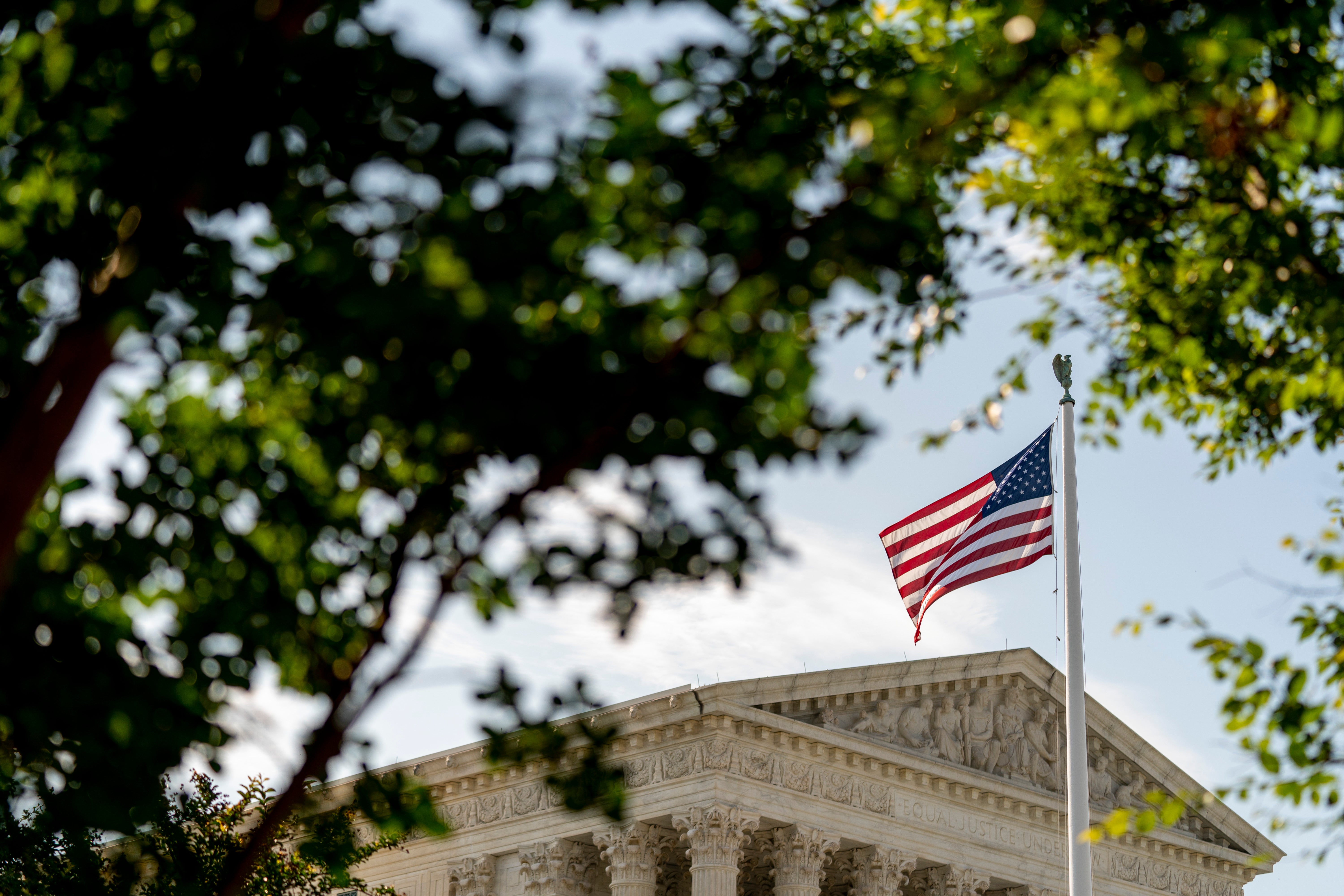Supreme Court agrees to hear 2nd 'state secrets' case
The Supreme Court has agreed to decide whether a lawsuit can go forward in which a group of Muslim residents of California allege the FBI targeted them for surveillance because of their religion

Your support helps us to tell the story
From reproductive rights to climate change to Big Tech, The Independent is on the ground when the story is developing. Whether it's investigating the financials of Elon Musk's pro-Trump PAC or producing our latest documentary, 'The A Word', which shines a light on the American women fighting for reproductive rights, we know how important it is to parse out the facts from the messaging.
At such a critical moment in US history, we need reporters on the ground. Your donation allows us to keep sending journalists to speak to both sides of the story.
The Independent is trusted by Americans across the entire political spectrum. And unlike many other quality news outlets, we choose not to lock Americans out of our reporting and analysis with paywalls. We believe quality journalism should be available to everyone, paid for by those who can afford it.
Your support makes all the difference.The Supreme Court agreed on Monday to decide whether a lawsuit can go forward in which a group of Muslim residents of California allege the FBI targeted them for surveillance because of their religion.
It's the second case the court has accepted for the fall involving a government claim of “state secrets,” the idea that the government can block the release of information it claims would harm national security if disclosed.
As is usual, the court didn’t comment Monday beyond saying it will take the case, which is expected to be heard after the court takes its summer recess and begins hearing arguments again in October.
In the other state secrets case the justices have accepted they'll decide whether a Palestinian man captured after the Sept. 11 attacks and detained at the prison on the U.S. base at Guantanamo Bay Cuba, can get access to information the government classifies as state secrets.
The case the court accepted Monday involves three Muslim residents of Southern California who say that from 2006 to 2007 the FBI paid a confidential informant to covertly gather information about Muslims in Orange County, California, based solely on their religion.
A district court dismissed the case after the federal government invoked the state secrets privilege. The court agreed that continuing the case would “greatly risk disclosure of secret information.” But an appeals court reversed the decision.